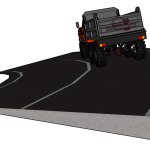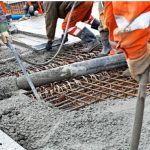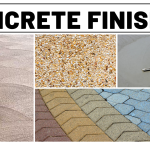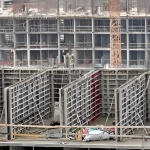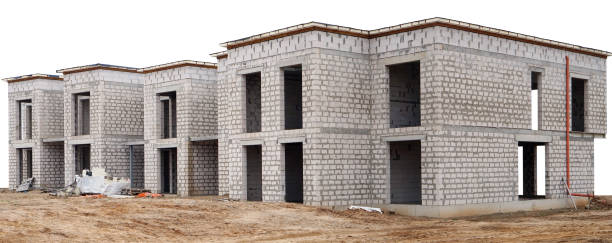
What is masonry wall?
Masonry wall are the most durable part of any building or structure. They provide strength, durability to the structure and also help to control indoor and outdoor temperature. It separate a building from the outside world.
Masonry is the word used in construction with mortar as a binding materials with individual units of bricks, stones, granites, concrete blocks, tiles, etc.
Mortar is a mixture of biding materials with sand. Binding materials can be cement, lime, soil. The type and quality of the materials used, as well as the workmanship, determine the durability and strength of masonry walls.
READ MORE: MASONRY WORKS
Types of Masonry Walls in Building Construction
There are a variety of masonry wall types, each with its own function in the production process.
Load-Bearing Walls
Load-bearing masonry walls are most commonly seen in big structures, such as huge residences or tall commercial buildings. Load-bearing walls are constructed of bricks, stones, or concrete blocks and transport weight from the base of a building to ensure level distribution and secure construction. The foundation may become unstable if load-bearing walls are not there to carry the weight of the structure. Buildings require load-bearing walls on both the outside and inside.
Cavity or Hollow Walls
Cavity walls are built of cement blocks and are necessary to protect a building’s interior from excessive moisture. To protect the inside from the elements, hollow walls provide a gap between the outer and internal walls. Modern versions combine hollow and solid masonry pieces.
Composite Masonry Walls
Composite walls are constructed from roughly distinct sets of building materials, such as hollow and solid bricks, or stones and bricks. The use of composite walls lowers building costs without compromising structural integrity. The materials are still of excellent quality, resulting in secure walls with a pleasing appearance. The visible portion of these walls is typically made of bricks or other visually appealing materials, with the concrete or rubble behind them hidden from view.
Post-Tensioned Wall
A post-tension wall adds axial stress to buildings, making them more resistant to lateral pressures. The in-plan strength of post-tensioned walls is normally increased, and there is no wall displacement after an earthquake. They are commonly seen in parking areas, high-rise residential and commercial buildings, and bridges. By providing more open spaces within a building, they also provide architects with more latitude in their work.
Reinforced Walls
Reinforced walls are built of brick, concrete, or other strong materials, similar to load-bearing walls. Weight-bearing walls will be more resistant to degradation with these sorts of masonry walls in place. Exterior walls with steel rods embedded in the bricks or concrete are commonly referred to as reinforced walls. Reinforced walls are frequent in structures that may be subjected to significant compression stresses or that may be subjected to an earthquake. Reinforced walls are less likely to crack and are classified into several types.
- Confined Masonry
- Reinforced Cavity Masonry
- Reinforced Grouted Masonry
- Reinforced Hollow Unit Masonry
- Reinforced Pocket-Type Walls
- Reinforced Solid Masonry
The Benefits of Masonry Walls
One of the most significant advantages of masonry walls is their cost-effectiveness. According to some studies, using reinforced masonry methods to construct structures up to ten stories tall saves money since it eliminates the requirement for formwork and the accompanying labor costs. Masonry is also low-maintenance and long-lasting, which means that building owners will spend less money on repairs over time.
The cost savings aren’t the only advantage of masonry walls. They are also cost-effective in terms of energy. Concrete masonry is extremely beneficial because it helps protect the interior of a building from the changing temperatures of the outside environment through a feature known as “thermal mass effects,” which means that the interior of the building stays at a more comfortable temperature even without good ventilation or better living costs.
Masonry walls also have the advantages of being fire-resistant, long-lasting, and sound-proof. Insurance providers prefer masonry because it reduces the likelihood of having to pay for benefits due to a fire, and the long-lasting building helps with insurance payments when other natural disasters occur frequently in a given location. Lastly, masonry is frequently used in buildings near airports or along motorways because it prevents sound from entering the structure through the walls.

